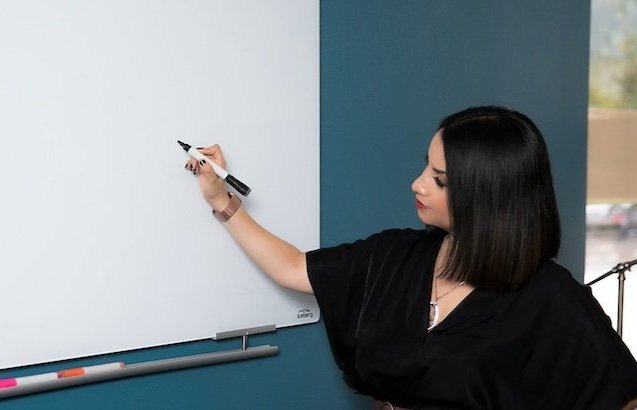community Interpreting Training Program:
Interpreting in School Settings
Program available online OR in-person
This 40-hour interpreter training allows school/district administrators to ensure bilingual staff performing interpreting duties are meeting federal guidelines as qualified interpreters. Qualified interpreters must be trained in at least, the role of the interpreter, interpreter ethics, confidentiality, and technical terminology (as it relates to the field). This training offers these elements and more!
*At the completion of this program, participants will receive a 40-hour Community Interpreter Certificate.
What’s Included
Module 1 : the profession
• An overview of community interpreting today
• National code of ethics for interpreters in education
• Self assessing interpreting performance
Module 2: PROTOCOLS AND SKILLS
• Basic protocols (such as positioning)
• Message transfer skills (how to interpret)
• Interpreting modes (consecutive, simultaneous, sight-translation)
• Memory skills and note-taking
module 3: STRATEGIC MEDIATION
• How to make decisions
• Intervention skills
• The Strategic Mediation Model
• Cultural mediation
module 4: PROFESSIONAL IDENTITY
• Roles of interpreters in Education
• Introduction to interpreting in K-12 meetings
• The Special Education Process and the laws pertaining to language access
module 5: THE INTERPRETER’S ROLE
• Managing the role of the interpreter
• Advocacy
• National standards of practice
• Self care and professional development
mODULE 6: INTERPRETERS IN SCHOOL SETTINGS (BONUS MATERIAL)
• Types of meetings (remote interpreting included)
• Acronyms and Terminology
• Interpreting Practice


About the trainer
Mireya Pérez embarked on her professional interpreting journey as a certified medical interpreter after completing her community interpreting studies at a recognized community college and obtaining national certification. Later in her career, she transitioned from the medical field to education, leveraging her experience and education to advocate for the professionalization of interpreters in the educational setting.
In addition to her formal training, Mireya has dedicated numerous hours to continuous professional development, active participation in interpreter associations, provides interpreter training, and conducts workshops on various topics. Armed with a Bachelor’s in Spanish Literature and a Masters in Communications, Mireya is committed to empowering interpreters seeking professional growth.
FIND OUT MORE
Note: This program is only offered to school districts with large numbers of bilingual employees in need of training.
Participants must pass a final course assessment for a certificate of completion.
Space is limited to 25 participants.
Program offered online or in person.
Schedule and times will be determined in collaboration with district personnel.


